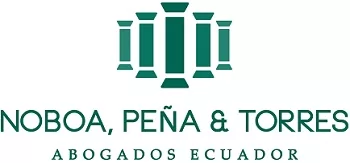The formula for calculating mandatory advance income tax payments creates a lack of liquidity for taxpayers. For that reason, we believe that the Ecuadorian government should implement a new formula allowing for the determination of payments in advance based on income produced, and not according to assets held by taxpayers.
Taxpayers' past year assets, property, income, costs and expenses are all used to determine the level of advance income tax payments. But what happens when last year's economic situation differs from the current one? A taxpayer's cash flow can be affected, even if income received during the current year (through July and September) is insufficient to cover the required payments.
While advance payments allow for a government to ensure that it meets its revenue collection goals, the fact remains that advance payments involve collecting a possible (or probable) tax at an earlier date. As a result, Ecuador's tax authorities receive revenue prior to the end of a specific economic year. However, taxpayers shouldering this fiscal burden experience greater illiquidity.
For this reason, we support amending Ecuador's tax code and establishing a new formula that allows a taxpayer to make advance payments based on an estimate of "actual" company-generated profits, instead of punishing taxpayers for holding assets and property. The result would allow business people to invest surplus amounts and increase productivity, while stimulating the country's economy.
Another feasible solution lies in making advance payments in accordance with tax generated over the past two periods, while multiplying the result by a fixed rate. Any withholdings from the last period would be deducted from the resulting amount.
In addition to these suggested alternatives, the tax code would need to grant new legal waivers (tax exemptions) allowing for non-payment of the tax. By stimulating the private sector, companies would require new staff or would expand their economic activities.
While the reality remains that the country's legislature must approve any amendment to the Ecuadorian Tax Code, alternatives exist for reducing taxpayers' burdens until a new formula benefiting all sectors is established. Through proper tax planning, Ecuador can promote the efficient investment of its resources by its job-producing companies.
The content of this article is intended to provide a general guide to the subject matter. Specialist advice should be sought about your specific circumstances.

